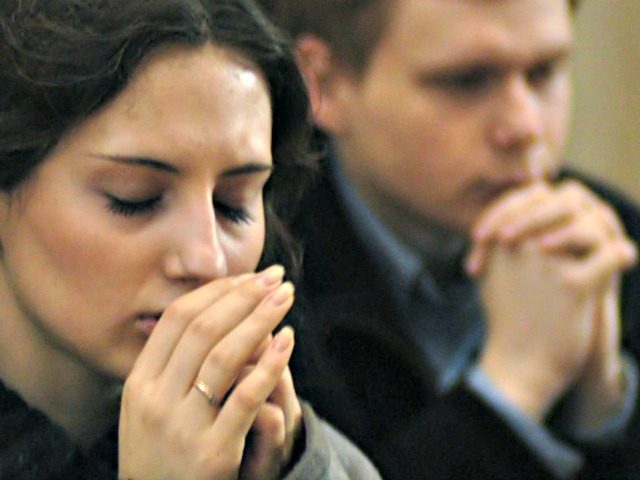According to a new study by the Pew Research Center, there has been a significant uptick in nations with “very high” levels of government restrictions on religion, with Egypt, China and Iran topping the list.
The Pew study on religious restrictions was released Tuesday, using data from 2015, and found that seven more countries had severe restrictions than in the previous year. The remarkable 45 percent increase in the number of countries on the list suggests that the world is tending toward tighter government control over religious practice.
New on the 2015 list were Morocco, Iraq, Algeria, Brunei, Eritrea, Singapore, Mauritania and Vietnam. The only country to be dropped from the black list was Laos. To be placed in the list, a country must score at least a 6.6 on Pew’s 10-point Government Restrictions Index.
In 2015, Egypt overtook China as the most religiously restrictive country in the world, though China maintained a high position at number two. The number of governments that engaged in widespread harassment of religious groups leapt from 85 to 105 in this one-year period.
By region, the highest levels of governmental restrictions on religion were found in the Middle East and North Africa. Certain areas experienced region-specific change, the study found, such as a sharp rise in the use of violence to enforce religious norms in a number of countries in sub-Saharan Africa.
From 2014 to 2015 the United Arab Emirates and Somalia registered the greatest increases in government restrictions of religion. In Somalia, the Ministry of Religious Affairs declared a ban on Christmas celebrations just before the holiday, and the United Arab Emirates adopted strict regulations concerning the building of houses of worship for non-Muslim religious groups.
In its report, Pew distinguishes between high levels of religious restrictions and “very high social hostilities” regarding religion. In the latter category, Pew found that 11 nations qualified for the dubious distinction, led by Syria, Nigeria and Iraq. The study coincided with the rise of Islamist religious persecution under the Islamic State in Syria and Iraq, and under Boko Haram in Nigeria.
Follow Thomas D. Williams on Twitter Follow @tdwilliamsrome

COMMENTS
Please let us know if you're having issues with commenting.